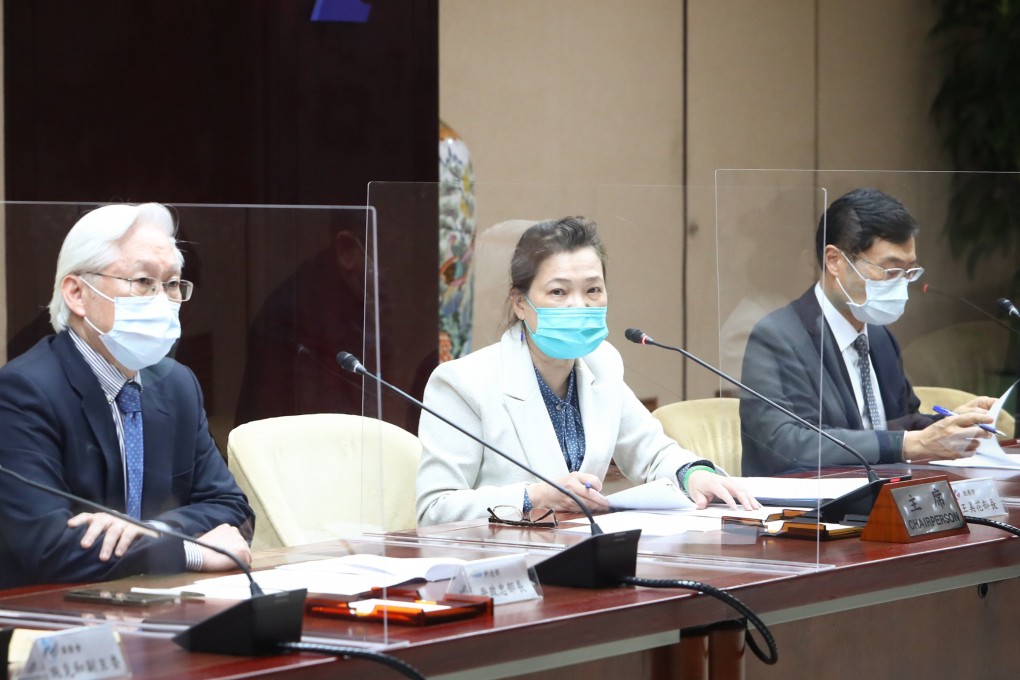Advertisement
US and Taiwan officials discuss semiconductors, Lithuania in second annual economic dialogue
- Initiated by Donald Trump, the meetings, conducted virtually, continue under US President Joe Biden, despite objections by Beijing
- The talks touched on bolstering semiconductor production in the US and Washington’s support for Taiwan’s Lithuania office
Reading Time:3 minutes
Why you can trust SCMP
7

Government officials in the US and Taiwan completed a second annual economic dialogue, focusing on semiconductor supply, “economic coercion”, Taipei’s new representative office in Lithuania and other issues that figure in the strained relations Washington and Taipei have with mainland China.
Jose Fernandez, the US under secretary of state for economic growth, energy and the environment, led a team “from across the US government” that met virtually with Taiwan’s economic affairs minister Wang Mei-hua, and the rest of the self-ruled island’s delegation, on Monday evening in Washington, the State Department said on Tuesday.
Conducted under the auspices of the American Institute in Taiwan and the Taipei Economic and Cultural Representative Office against a backdrop of heightened military tensions in the Taiwan Strait, this second edition of the US-Taiwan Economic Prosperity Partnership Dialogue (EPPD) angered Beijing when it was announced last week.
Advertisement
EPPD is another initiative created during the administration of Donald Trump to counter Beijing that US President Joe Biden has continued amid strong bipartisan anti-China sentiment in Washington, along with the bilateral trade war and human rights-related sanctions.
Chinese President Xi Jinping has vowed to reunite Taiwan, which Beijing regards as a rogue province, with the mainland eventually, by force if necessary.
Advertisement
Advertisement
Select Voice
Choose your listening speed
Get through articles 2x faster
1.25x
250 WPM
Slow
Average
Fast
1.25x
